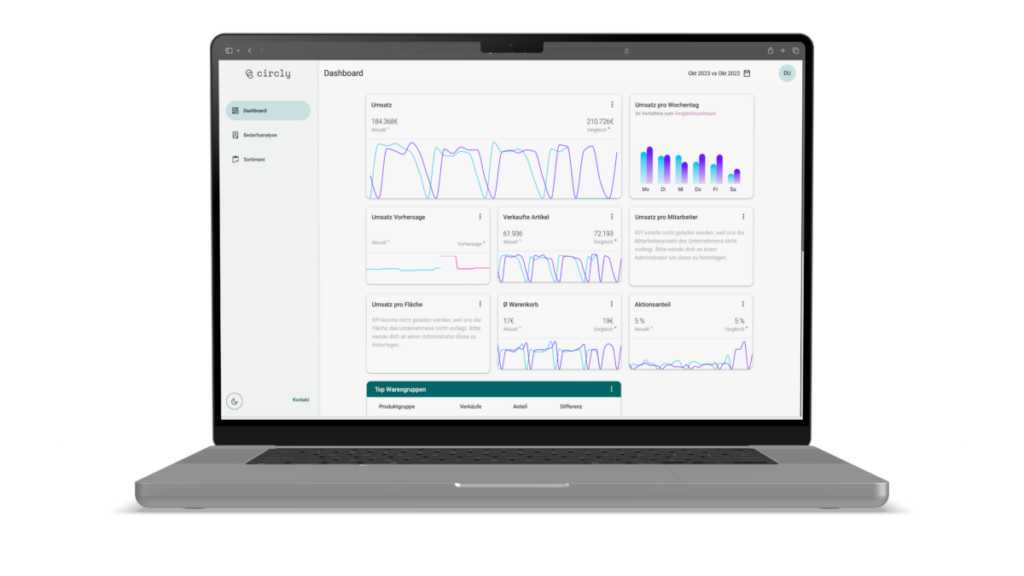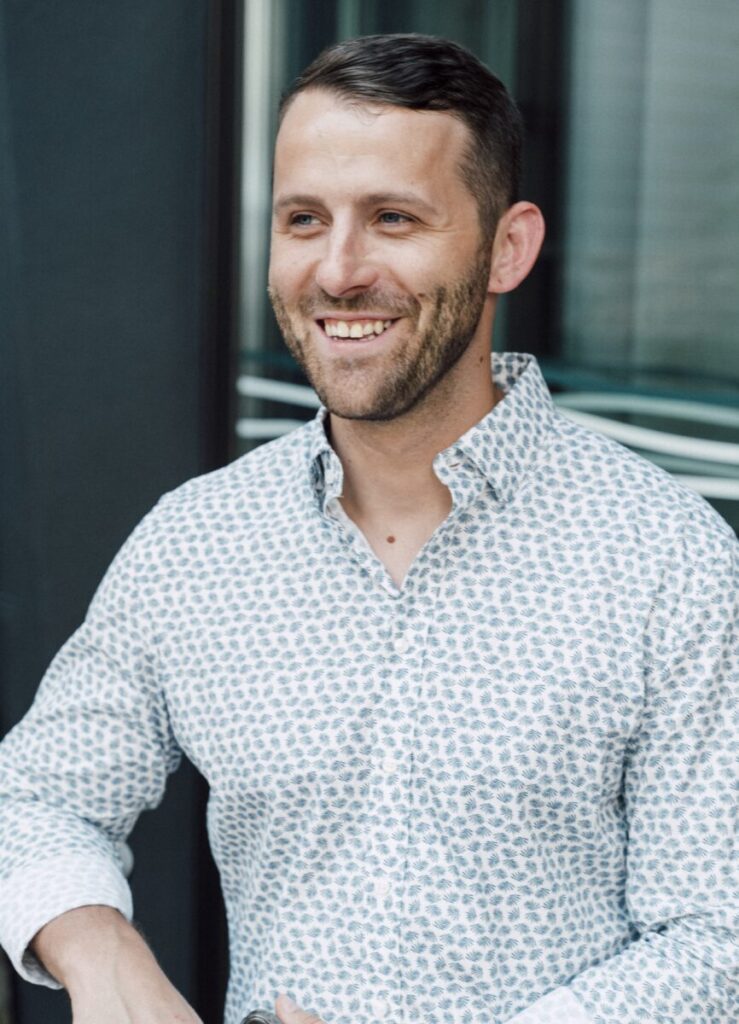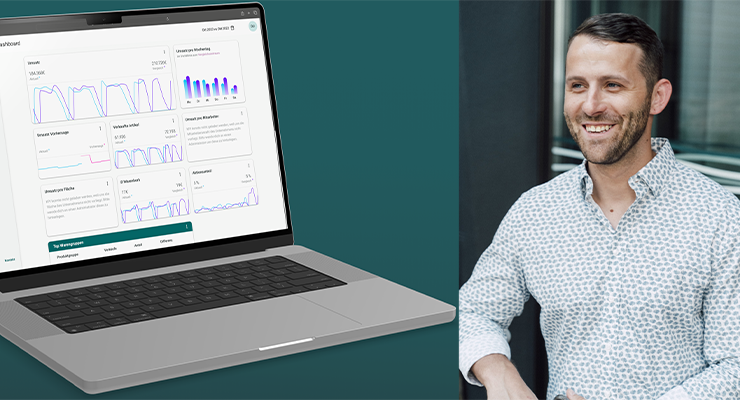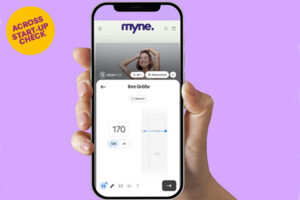What advantages do retailers have when they use Circly?
Eric Weisz: Retailers and producers can create precise sales forecasts for each item in their range, some of which comprise thousands of items at the touch of a button – and at much better conditions than with other providers. This enables them to operate more efficiently, economically, and sustainably.
Which markets/sectors are particularly open to this technology, and which are the most skeptical? Everyone is talking about AI and wants to be part of it, but what will retailers’ reaction be when it becomes concrete?
Eric Weisz: Those sectors that produce or trade perishable goods are very much open to this. The problem is urgent due to the sharp rise in raw material, storage, and transportation costs for goods that can only be stored temporarily. We strongly focus on the FMCG market.
Who is open to it? What are the doubts/where is the skepticism greatest?
Eric Weisz: The openness to technology is sometimes so great that we must guide customers back to a realistic path if the prevailing opinion is that AI will solve all our problems. It won’t, but it would be unwise not to engage with it. Our customers have understood this very well and are taking advantage of the opportunities offered by this technology. Any doubts have been dispelled when our system plans better than existing systems for several months. It is difficult to make a general statement about industries/markets – but medium-sized companies are more open and quicker to opt for our solution. Shorter decision-making processes and usually a little more open to technology.
What is the company’s USP?
Eric Weisz: Our solution does not replace existing systems but gives them a boost. This allows us to go live much more quickly, as our system does not have to be introduced in a laborious process lasting months or years when it is just a matter of getting more accurate forecast figures.At Circly, we want to make this revolutionary technology accessible to companies at a low threshold. And this is only possible if it is introduced quickly and the price is competitive. Own infrastructure without the risk of sending the data to Asia / USA.

On what basis can market opportunities be recognized at an early stage?
Eric Weisz: Circly learns based on patterns in existing data and draws conclusions from their constellations. Comparable to a very experienced employee, the system needs many examples for predictions. Opportunities arise at every moment when a decision has to be made.
Short, medium, and long-term trends can be identified by incorporating external data and logic behind the Circly forecasting software.
In the case of a retailer, with every repeat order. If you buy too much, goods spoil; if you buy too little, you have opportunity costs. In our view, the sum of better small decisions at every opportunity in everyday life beats trying to predict significant market opportunities every few years, as they are often based on constellations that cannot be found in any data – or did you know about all the effects of COVID?
How are trends identified?
Eric Weisz: Trends are unusual increases in sales of a specific category over a certain period, which can already be recorded statistically and generally do not require AI but sufficient data quality and quantity. The AI determines future sales patterns and contributes to earlier recognition.
Sales forecasts make sense in the food retail sector. Bringing the right quantities to the POS strengthens the concept of sustainability, as less waste must be disposed of. How many food retailers are already using Circly?
Eric Weisz: We are convinced that better forecasting is the only realistically scalable way to tackle resource waste. Solutions that collect and distribute or recycle goods that have already been produced are important but they do not get to the heart of the problem. Over 160 retailers currently use our system – and we have seen a significant increase in users among production companies. The AI also provides support for adjusting bottlenecks and overstocks. Absolutely, it enables demand-driven ordering at the POS, which reduces opportunity costs and spoilage.
What is the next step – where will Circly be in ten years? How accurately will we be able to forecast using AI? Will these forecasts be snapshots instead of projections?
Eric Weisz: Ten years is a very long time for a start-up. Our long-term goal is to bring transparency to the value chain and to make value chains more economical and sustainable through better planning. The forecasts of some depend heavily on the data of others. We are working intensively on offering our customers solutions for collaborative planning, which can create a win-win situation for everyone involved.
In which areas can AI support retail in the future?
Eric Weisz: Product range and pricing, as well as campaign and promotion planning. Customer service, various logistics processes, inventories, etc. Location determination based on multiple parameters.

Eric Weisz
Eric Weisz is Co-Founder of Circly
Credit:Tanja Schalling






